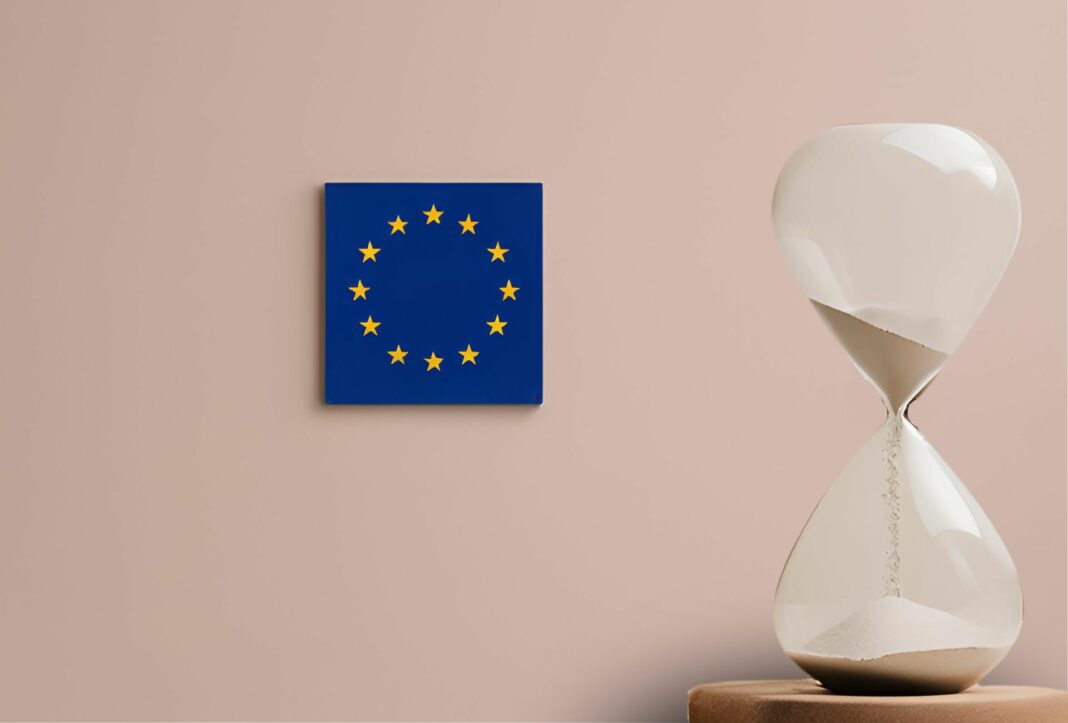An IMGW News Report
Could the EU Far Right Hold Brussels Hostage?
Hungarian Prime Minister Viktor Orbán, known for his pro-Russian stance within the EU and NATO, made an unexpected visit to Kyiv this week, his first trip since Russia’s aggressive invasion of Ukraine.
You're Just a Couple of Clicks Away from IMGW.News Content...
1. New to IMGW.News?
If you're new to our portal, please subscribe here for free:
Link
2. Already Subscribed
If you are already a subscriber you can login from here:
Link
 What's New?
What's New?
We've enhanced our subscription technology with features like the Reading App, making IMGW.News more robust, user-friendly, and fun to use. Enjoy!






